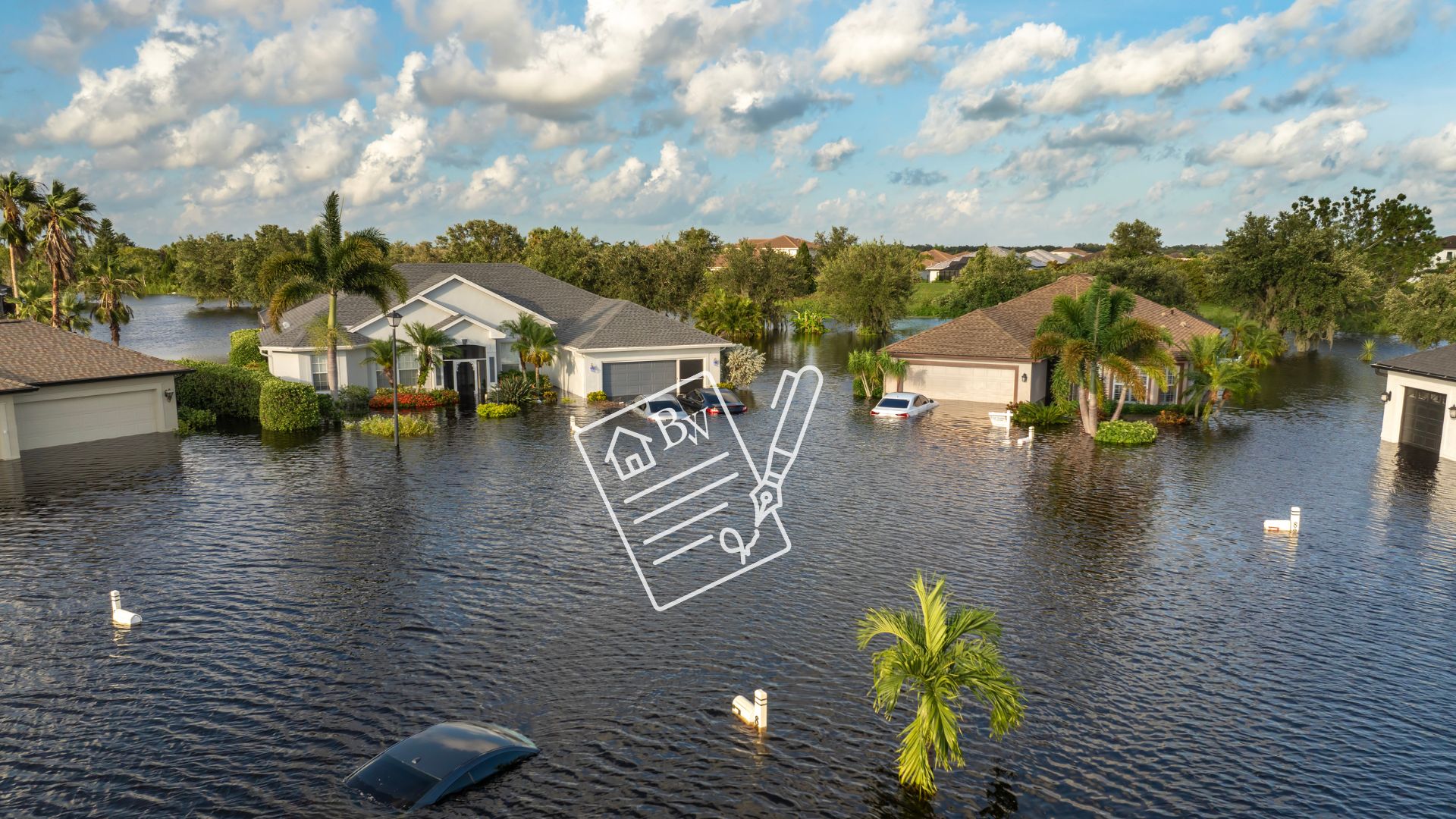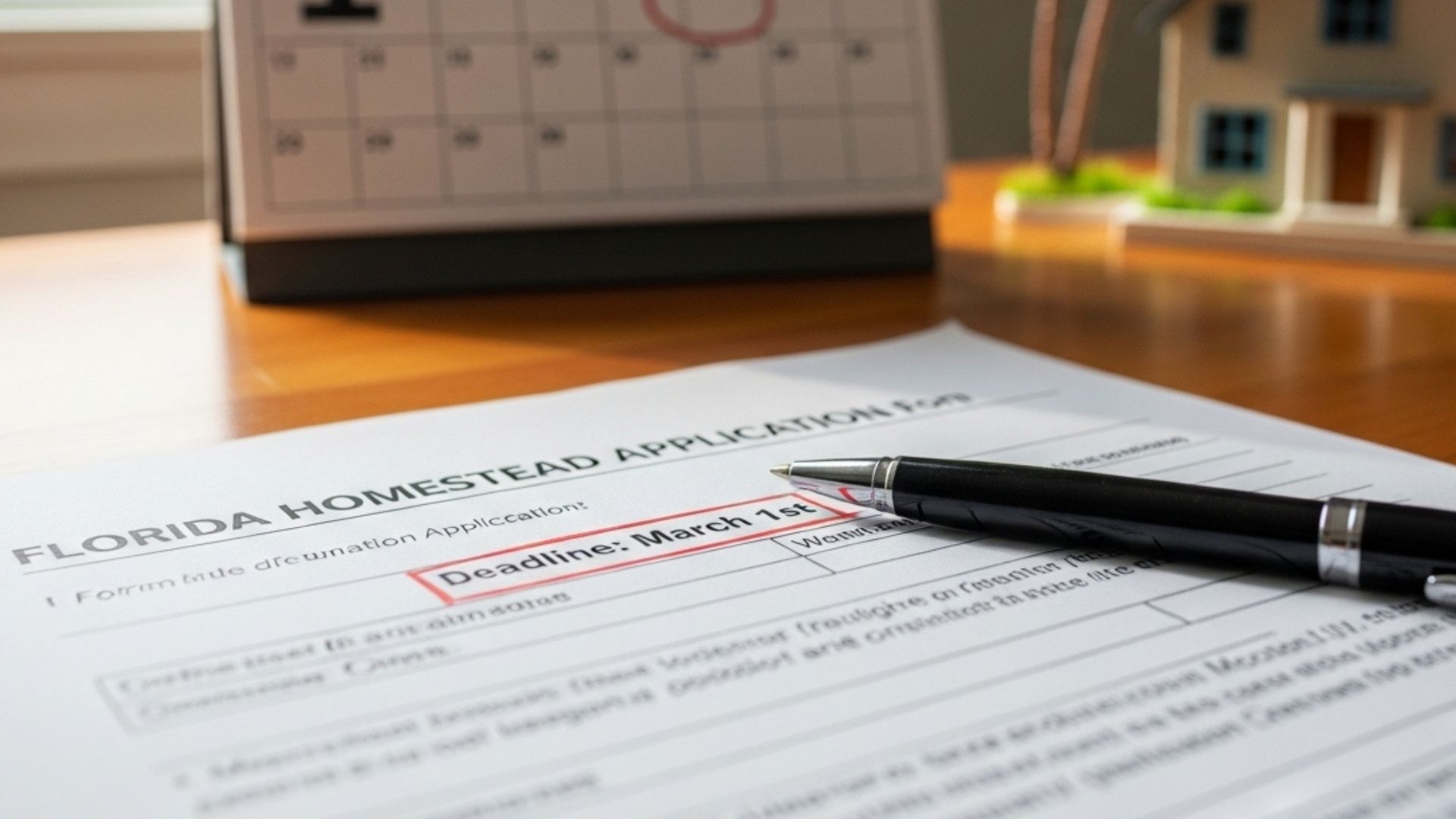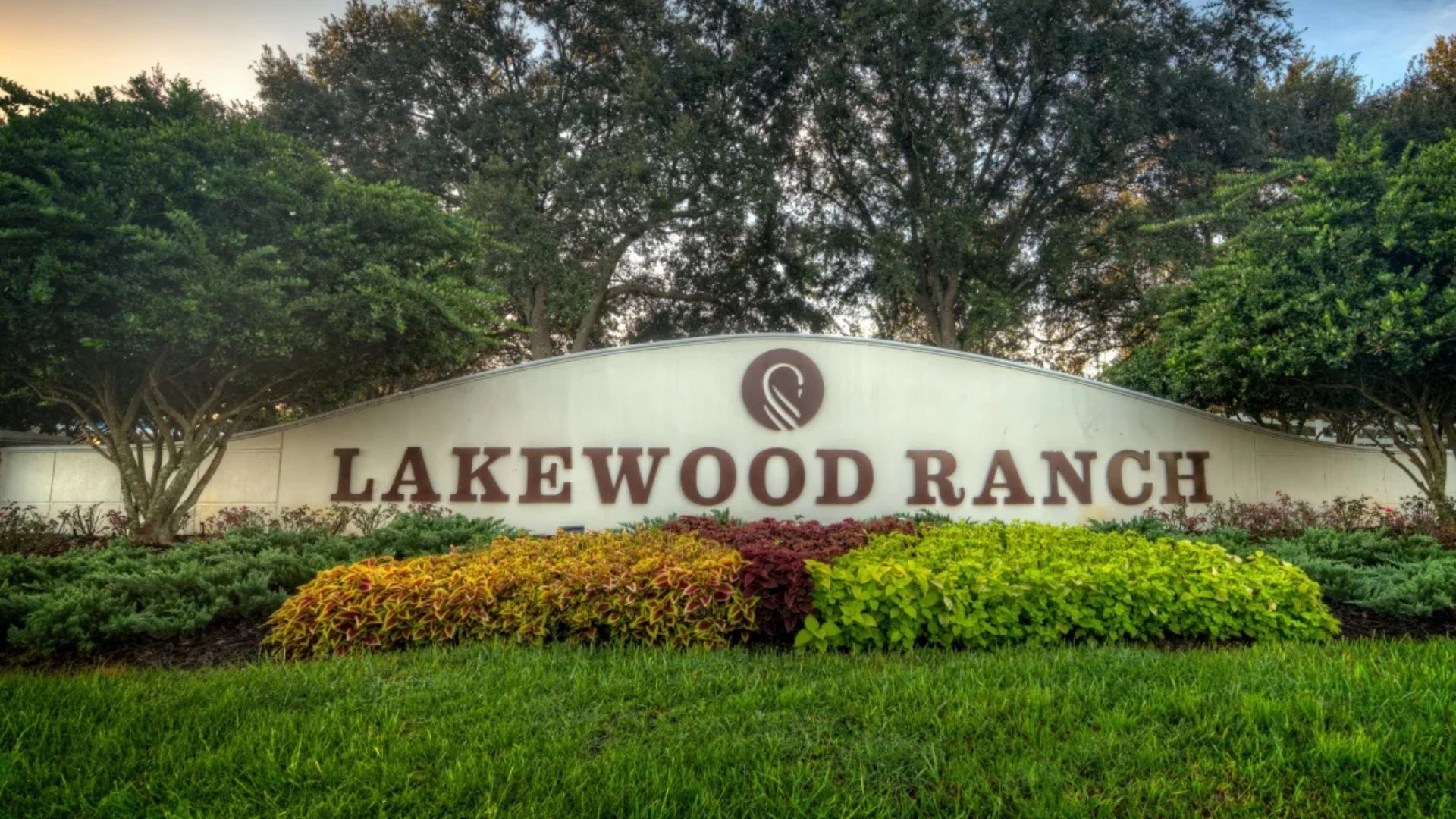
New Florida Flood Disclosure Rules: What Every Realtor Needs to Know
If you have worked in Florida real estate for any length of time, you already know that water is always part of the story. Whether it is ocean views or storm surge, the Sunshine State lives and breathes around the coast. But as of October 1, 2024, flood talk is more than casual conversation, it is law. A new bill, House Bill 1049 (now Florida Statute 689.302), creates mandatory flood disclosures for residential property sellers. Every real estate professional in Florida should understand what this means and how it changes the process of listing, selling, and closing a home.
Realtors now have to do more than mention elevation or drainage. You must make sure your sellers are legally compliant. While it sounds technical, these new rules can help build buyer trust and protect your clients from legal and financial problems after closing.
The Basics: What the New Law Requires
Under the new statute, sellers must provide a written flood disclosure form to buyers before or at the time they sign the purchase contract. It is not optional. Sellers must disclose in writing:
- Whether they have ever filed an insurance claim for flood damage
- Whether they have ever received government or private assistance for flood repair
- A statement explaining that homeowner insurance does not cover flood damage and that buyers should consider separate flood coverage
In short, if water ever entered the property, it must be disclosed. The intent of the law is simple. Buyers should have complete information about any past flooding or existing flood risk before they purchase a home.
The Definition of Flooding Just Expanded
The statute defines flooding very broadly. It is not limited to hurricanes or storm surges. Flooding now includes:
- Overflow of inland or tidal waters
- Accumulation of runoff or surface water from heavy rainfall
- Standing water caused by poor drainage
That means even if a property is not located within a FEMA designated flood zone, any history of interior water intrusion or drainage issues could trigger the disclosure requirement. This is especially important in low elevation areas or older neighborhoods with aging drainage systems.
What Is Coming Next
Beginning October 1, 2025, the flood disclosure rules expand even further. The next phase will require sellers to:
- Disclose any known flood damage during ownership, even if no insurance claim was filed
- Ensure condominium developers provide the same flood history to unit buyers
- Require landlords offering leases of one year or more to disclose flood history to tenants
The goal is complete transparency across Florida real estate, from residential sales to rentals and condominium developments.
What This Means for Your Listings
Agents will need to ask more questions early in the process. Gathering flood information before listing helps prevent deal delays or contract cancellations later. Be sure to request:
- Records of prior flood insurance claims or FEMA assistance
- Copies of elevation certificates, surveys, or flood zone maps
- Details about drainage repairs, seawall maintenance, or waterproofing improvements
Realtors who prepare early appear more professional, protect their sellers, and build credibility with buyers. Transparency creates confidence, which often results in smoother negotiations and faster closings.
Flood Disclosures and Real Estate Contracts
The Florida Realtors and Florida Bar residential contract has already been updated to reflect these requirements. Every purchase contract should now include a flood disclosure acknowledgment or attach the Flood Disclosure Form FD1. Failing to include this documentation can result in a voidable contract or potential legal exposure. Sellers remain responsible for disclosure, but agents are expected to guide them and ensure that forms are delivered correctly.
How Flood History Can Affect Pricing
Flood history does not automatically make a property undesirable, but it changes how buyers evaluate the deal. Homes that have experienced water intrusion may face more detailed inspections or additional insurance requirements. On the other hand, a property that has been elevated or improved with flood prevention measures can stand out as a well maintained and resilient home.
Encourage sellers to share details about upgrades such as new drainage systems, flood vents, or foundation improvements. Turning a potential concern into a sign of preparedness can improve buyer confidence and protect value.
Understanding Your Local Market
Flood patterns vary dramatically from one Florida community to another. A heavy summer downpour that barely puddles in Lakewood Ranch can overwhelm aging storm drains in West Bradenton. A property on Siesta Key might sit high enough to stay dry through a tropical storm, while a quiet neighborhood in Venice or Palmetto may see pooling water after only an afternoon of rain. These differences are why understanding your local flood dynamics is more than a selling point — it is part of your professional responsibility as a real estate advisor.
In Manatee County, for example, low-lying areas along the Manatee River, Terra Ceia Bay, and Anna Maria Island are particularly vulnerable to tidal flooding and storm surge. Even inland communities can face drainage challenges from heavy rainfall and river overflow. Knowing these zones helps agents explain elevation certificates, drainage systems, and flood insurance options confidently to buyers.
In Sarasota County, the coastal barrier islands such as Siesta Key, Casey Key, and Longboat Key carry different FEMA flood zone designations than mainland neighborhoods like Palmer Ranch or Gulf Gate. Realtors who understand these variations can help sellers price more accurately and help buyers assess long-term insurance costs and mitigation options.
Further north, Tampa Bay has its own flood behavior influenced by tides, storm surge, and local rainfall runoff. Older drainage systems in South Tampa, Bayshore, and Shore Acres are known to back up quickly, while newer developments in Wesley Chapel or Riverview may benefit from improved stormwater management. Buyers relocating from out of state often have no idea how hyper-local flood risk can be, and they rely on agents to bridge that knowledge gap.
Across all these markets, flood preparedness is now a core part of real estate due diligence. Review FEMA Flood Insurance Rate Maps and your county’s interactive GIS mapping tools before listing or marketing any property. Both Manatee County and Sarasota County provide user-friendly online flood map portals, and the FEMA Flood Map Service Center remains the best starting point for official flood zone data. These resources let you instantly check base flood elevations, floodways, and historic inundation patterns.
By incorporating this information into your listing presentations and buyer consultations, you establish credibility and protect your clients. Understanding how water moves through your community — from Tampa Bay tides to Sarasota Bay storm drains — is what separates informed local agents from the rest of the field.
Protecting Yourself and Your Clients
To stay compliant and reduce your own risk as an agent:
- Use only the latest approved disclosure forms
- Keep copies of all signed disclosures in your transaction records
- Make sure buyers acknowledge receipt in writing
- Remind sellers to update the form if new information becomes available before closing
Buyers sometimes panic when they see the word flood, but your confidence and preparation can turn confusion into trust. A clear explanation backed by accurate documentation reassures both sides and keeps deals together.
Turning Compliance Into Credibility
While this new disclosure rule adds another step to the process, it also gives real estate professionals an opportunity to shine. Agents who understand the new law and explain it clearly position themselves as trusted experts who protect their clients’ best interests. Knowledge is a competitive advantage, especially in a coastal state where water is always part of the conversation.
Ask a Question → Get a Real Attorney Answer
If you have a question about Florida’s new flood disclosure rules or need help reviewing your listing paperwork, our real estate attorneys at Barnes Walker are here to help. We work directly with agents and brokers to keep transactions compliant, accurate, and stress free.
Ask a Question → Get a Real Attorney Answer
Sources
Florida Realtor Flood Resources
Here are essential tools and local resources for agents, sellers, and buyers working in coastal or low elevation areas across Manatee, Sarasota, and the greater Tampa Bay region.
- Manatee County Flood Mapping Portal:
Explore flood zones, evacuation routes, and base elevations.
- Sarasota County Interactive Flood Map:
View local flood hazards and FEMA map overlays for each parcel.
- Tampa Bay Regional Resilience Coalition:
Learn about regional sea level and stormwater management planning.
- Hillsborough County Flood Information:
Check flood zones, risk ratings, and elevation certificates.
- Pinellas County Flood Risk Tool:
Access floodplain maps and flood insurance guidance for coastal homes.
- FEMA Flood Map Service Center:
Search official Flood Insurance Rate Maps (FIRMs) by address statewide.
- National Flood Insurance Program (NFIP):
Get official information on flood insurance coverage and claims.
Bookmark these links and share them with clients during listing presentations or consultations. Providing reliable flood data not only builds trust but also helps prevent surprises during inspection, appraisal, or closing.
Trust • Experience • Results
Ready to Get Started?
Get started with Barnes Walker today.














